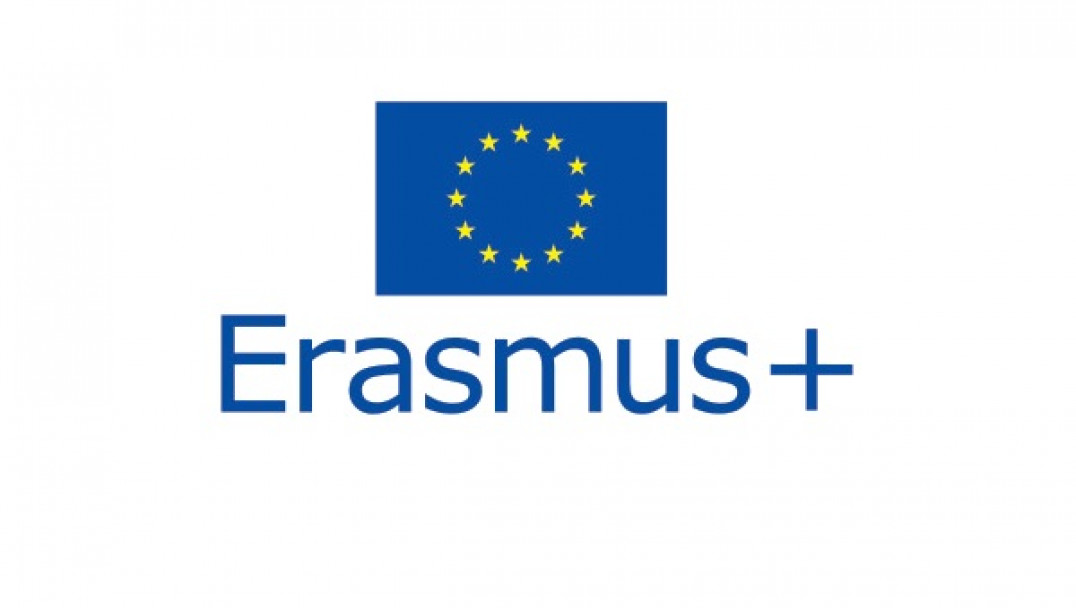Erasmus+ promotes international cooperation among its member countries, focusing primarily on higher education and youth.
In the case of higher education, Erasmus+ promotes the following cooperative initiatives:
Key Action 1: Mobility of Individuals
Within the field of higher education, Erasmus+ provides international mobility opportunities for individuals. Key Action 1 promotes the mobility of staff and learners from and to other member countries through a system of credits.
As part of this initiative, UNCuyo has entered into agreements with the following European universities:
- Università Iauv di Venezia (Italy)
- University of Taramo (Italy)
- University Savoie Mont Blanc (France)
- University of Granada (Spain)
Key Action 2 – Cooperation for Innovation and Exchange of Good Practices
Key Action 2 programs promote cooperation and partnerships for the modernization and internationalization of higher education institutions and systems in member countries, focusing primarily on EU-neighboring countries.
The UNCuyo currently counts on 7 active projects through the European Program Erasmus +. This program looks to promote the sustainable development of the associated countries in the sphere of higher education through distinct key actions.
Key action number 1: Mobility for learning reasons
Key action 1 promotes students, professors, and staff mobility. The organizations that are involved can send or host students and staff members from participating countries and organize activities towards learning, training, and volunteering. The following agreements are registered in this category:
- Granada: This agreement grants a quota for PhD students from any field of study in the UNCuyo. The funding is managed by the University of Granada and granted by the European Union through this university.
- Teramo: This agreement grants quotas for undergraduate and PhD students, professors, and staff from the Faculty of Agricultural Sciences. This mobility is financed by the European Union.
- Savoie Mont Blanc: This agreement grants quotas for the mobility of undergraduate students in the Faculty of Engineering and the University Technology Institute which are financed by the European Union.
- IAUV Venezia: This agreement grants quotas for students, professors, and staff mobility in the Faculty of Engineering and the Faculty of Arts and Design.
- TellMe: Its aim is to establish the grounds for a new metropolitan discipline in the practice. It is a response to the public policy boundaries, the professional practice, and academic studies
Key action 2: Cooperation for the innovation and exchange of good practices
This key action financially supports the strategic associations in the sphere of education and the development of capacities in the field of higher education. Its aim is to motivate updating and reinforce the response from education, the training and the youth system to the main challenges of the current world. These supported actions are expected to have positive and lasting effects in the participating organizations and in the political systems in which they are defined. The same effects are expected in the people who are directly or indirectly involved in the organized activities. This action is aspired to benefit the development, transfer, and the application of innovative practices at an organizational, local, regional, national, or european level. Within this category, three agreements are valid.
Before the metropolitan complexity and fragmentation. Higher education plays a crucial role in the configuration of a new perspective for the metropolitan cities. This new discipline expects to shape the metropolis by unifying and creating a dialogue between the several perspectives and disciplines boundes to urban studies.
- Vitaglobal: This is about an interuniversity cooperation project for the development of programs of training in topics relating to viticulture through a local development perspective. This is a three-year project and it is co-funded by the European Commission.
- DHIP: Its main purpose is to develop and integrate the international dimensions within the organization and their cultural components from Latin American universities through the programming and implementation of Internationalization Enhancement Plans (IEP). It will be an instrument to improve its potential relating to the global interaction of each institution.
